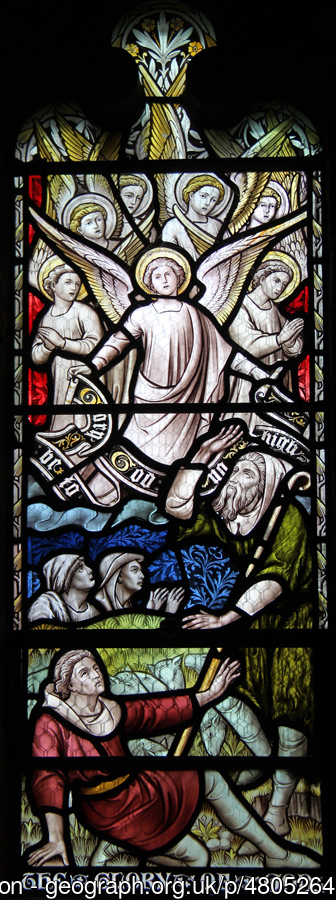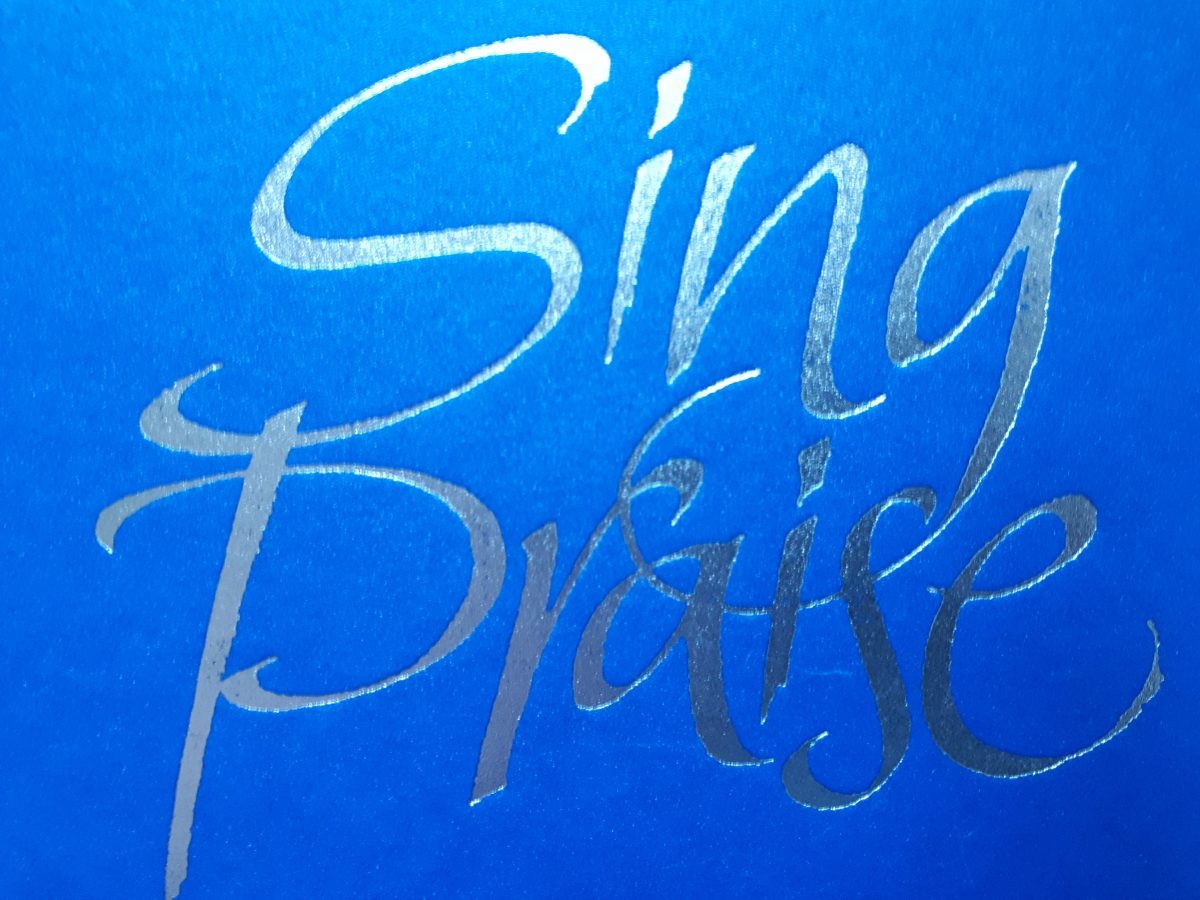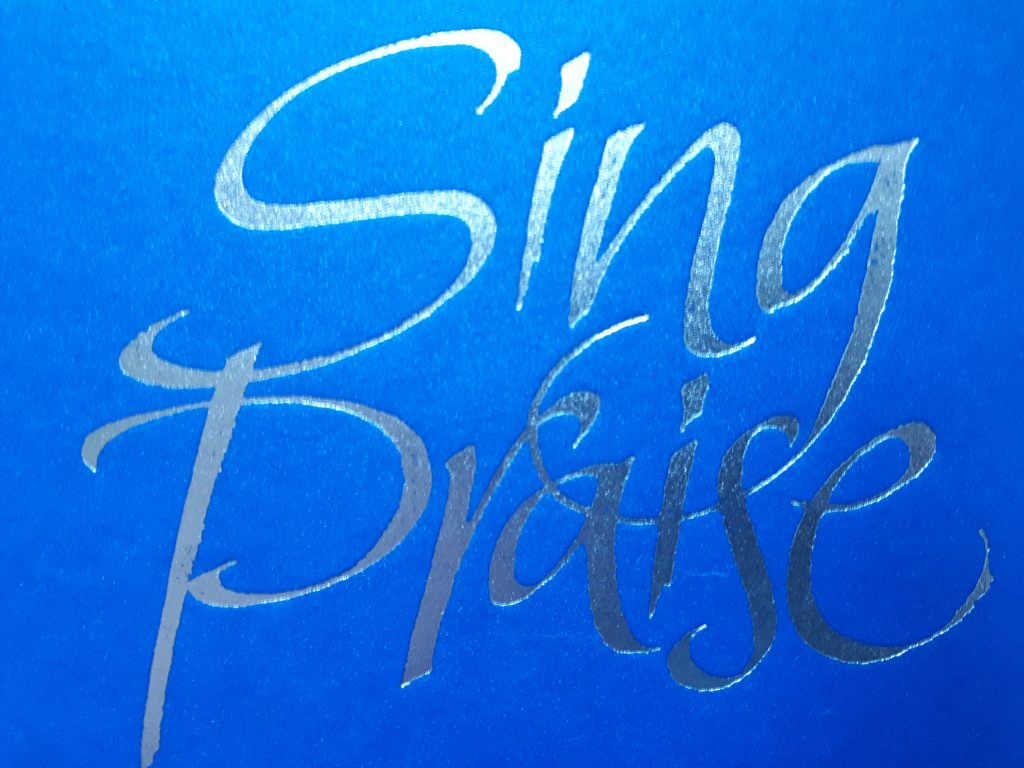Today’s hymn is a modern one, but familiar to me: usually known as “Gather us in” as that phrase occurs three times, but the first line is “Here in this place new light is streaming”, which keeps us on the Epiphany season theme of light coming into the world. The theme of light recurs in the final verse – “Here in this place the new light is shining, now is the kingdom, and now is the day”.
The overall theme, though, is indeed that of being gathered in. The composer, Marty Haugen, is very much in the liberal / inclusive tradition of contemporary Christianity, and makes the point well here: in Christ everyone is gathered together: “the lost and forsaken, the blind and the lame … the young and the old … the rich and the haughty, the proud and the strong”. The light of Christ banishes the differences that have set people apart.
The third verse diverges from these themes of gathering and light, and is appropriate to include for the communion service or celebration of mass – something that many of us are missing at present in the Covid pandemic with its lockdowns and social distancing. At best we might be allowed to remove our masks for a moment to slip a consecrated wafer, dropped at arm’s length into the hand, into our mouths. But no sharing of the symbolic common cup, only a ‘spiritual’ partaking in the blood of Christ, and no chance of hugging a fellow worshipper at the Peace. Not knowing how long this will last, my choices of hymns on Sundays this year will include as many eucharistic songs as I can find in the book.
But the words of this verse remind us that the communion is not only for our own benefit: we are gathered in from our different backgrounds only to be sent out again together. We are invited here to sing “call us anew to be salt for the earth”, and “nourish us well and teach us to fashion lives that are holy and hearts that are true”. The Christians strengthened by the body and blood of Christ go out as one body to be of service in the world, in the light of his presence.


